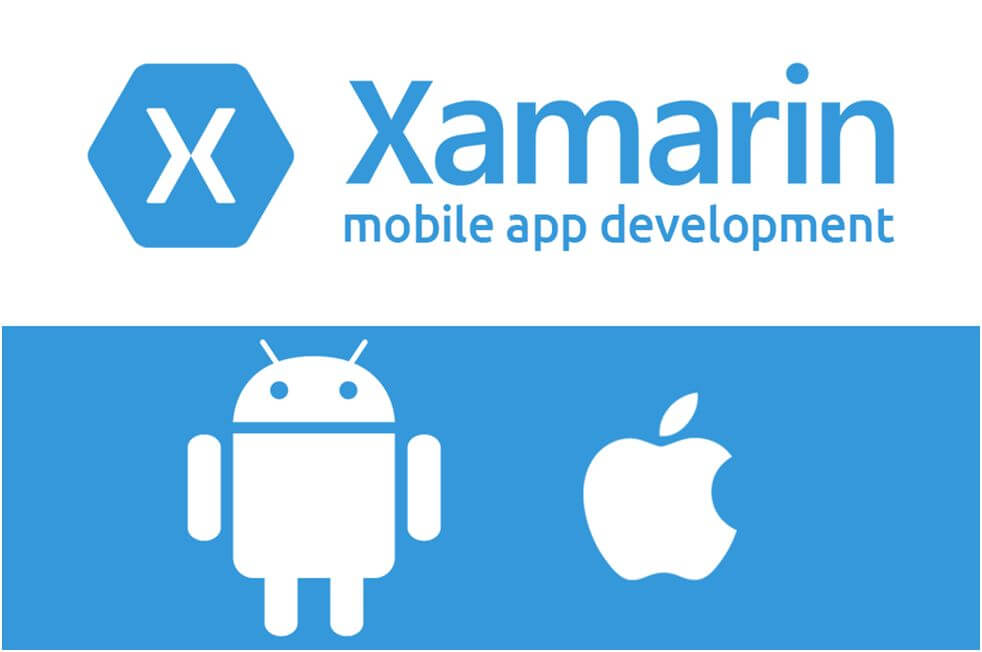
Mobile applications are at their peak of popularity and companies are striving to remain relevant by making their products and services easily accessible. Smartphones won’t be so smart if there were no apps to run them. And apps won’t be so effective if they weren’t developed in the best industry standards possible. Fortunately, developers have their work cut out for them with mobile app development tools. There are two types of mobile app development tools : native mobile development tools and cross-platform mobile development tools.
Native mobile development tools are those tools that allow app developers to create specialized apps that operate efficiently tapping into all the features on their particular platform. On the other hand, cross-platform mobile development tools make it possible to create a generic app for multiple platforms simultaneously. This allows developers to cut the cost of developing an app by a big margin. However, this comes with a few drawbacks, one of them being that apps created in such an environment tend to have more issues and lower quality compared to native applications.
So, before settling for any of the following tools, know first what you want to achieve. Whether you are looking for quality in terms of performance or you want to cut the cost of development. That said, here are seven mobile app development tools to help you in your create effective and efficient mobile apps.
You can choose between different approaches to cross-platform app development, including hybrid mobile app development and rapid mobile app development. This refers to mobile development that doesn’t require any code. This type of app development is perfect for organizations that don’t have in-house knowledge. The problem with this kind of mobile development is that they have limited control over customization.
Native Mobile Development Tools
This type of mobile app development tool is used to create apps for a particular operating system, platform, or device. This can be Android, iOS, or Windows. Native apps are particularly developed and coded for a specific mobile platform using its native programming language, which are:
- iOS (Objective-C or Swift)
- Android (Java or Kotlin)
- Windows Phone (C#)
Each of these platforms follows different guidelines in their app development. If you choose the one you have to stick to its guideline till the end, as greatly differ in typography, graphic styles, gestures, visual effects, data entry and more. My first native mobile development tool is:
- Xcode

This tool brings on board a new way of designing and creating software. This program is called Swift, an innovative new programming language for Cocoa and Cocoa Touch. Combining Swift with Xcode tools makes the development process and experience delightful. Xcode has everything needed by developers to create applications for Mac, iPhone, iPad, Apple TV, and Apple Watch. Developers are provided with a streamlined workflow for user interface design, coding, testing, and debugging.
- Android Studio
Google is behind this Android development software. If you are an Android app developer, you will enjoy its implementation editor. The nifty tool gives shortcuts for coding. It has an easy to use layout designer which reduces time spent on coding. It also has a drag and drops features to efficiently design your project’s layout.
- AppCode

AppCode is built for iOS/macOS development. Additionally, it allows developers to work with Objective-C, Swift and C/C++ programming languages. Web technologies such as JavaScript, HTML, XML, CSS, are supported by AppCode. It also has numerous valuable integrations including CocoaPods manager and built-in Reveal support. With AppCode, developers can save time using automated routine tasks to locate and fix errors, while benefiting from intelligent support from the IDE, and increasing their overall productivity.
Cross-Platform Mobile Development Tools
Cross-platform mobile development is when programmers on one platform to develop apps for one or more platforms or mobile operating systems simultaneously. This is done using the same code base for different platforms. This means that the result will be a generic app that can be used on different platforms. Developers who choose this method of developing an app are doing so to reduce the time cost spent on developing mobile apps. The downside of this method is that since the same code base is used, it lowers the quality of these apps in terms of user interface and performance.
- Appcelerator

This awesome mobile app development tool is used to speed up the marketing of cross-platform development and testing. Access to dates is also simplified thanks to optimized APIs. User engagement is powered up by real-time analytics used to measure results. A single JavaScript codebase is used by Appcelerator for rich native mobile apps and cloud-connected mobile apps
- Xamarin

Xamarin is a platform for mobile app development for designers and developers to build native iOS, Android and Windows. This development happens using a single shared .NET codebase. The development platform utilizes Visual Studio Tools for building native mobile applications. Choosing this platform offers developers a host of features including code editing, refactoring, debugging, testing and cloud-publishing. It also provides access to on-demand content from Xamarin’s university curriculum and monthly Azure credit.
- Adobe PhoneGap

Working with Adobe PhoneGap allows you to use one code base with a different set of technologies. This cross-platform mobile app development tool is open-source software that uses HTML, CSS, JavaScript, and Web APIs to build apps. PhoneGap allows you to create files in HTML, CSS, and JavaScript, the same way you would create a website. You can store these files in cloud storage or a local directory. When they are run, they use plugins to access the device features. The end product app builds using this tool is lightweight having a less native feel.
- Ionic

This easy is easy to learn and easy to use framework allowing fast prototyping with a decent CLI. Its integration with Angular creates a perfect environment for coding. Teams can quickly build and ship beautiful cross-platform hybrid and Progressive Web Apps. Ionic is freely available and is also open-source, making it easier for developers to work on it to improve its performance. Mobile app developers using a single codebase can develop high-quality cross-platform apps for native iOS, Android, and web.
Final Thoughts
There you have it, the best seven app development tools you can use to develop your native or cross-platform apps. Whether you are an upcoming developer or an expert, these mobile app development tools will equip you with the necessary skills to build effective and efficient mobile apps for your clients.
NamanModi is a Professional Blogger, SEO Expert & Guest blogger at NamanModi.com, He is an Award Winning Freelancer & Web Entrepreneur helping new entrepreneur’s launches their first successful online business.